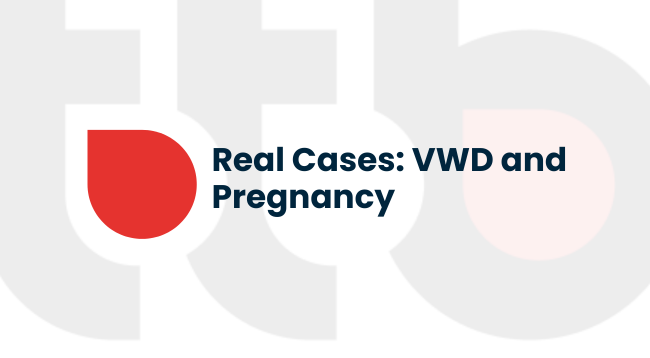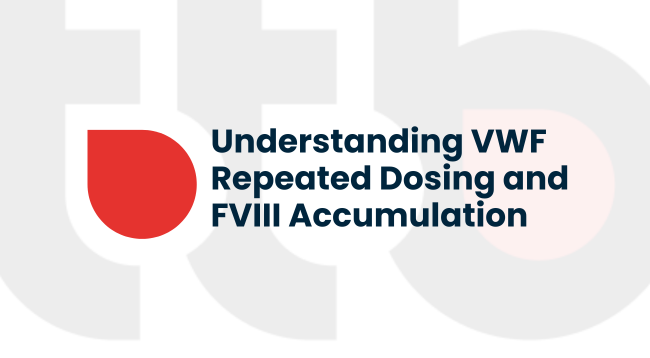FARES Trial
Cardiac surgery imposes multiple stresses on the coagulation system, that may result in systemic derangements including the depletion of coagulation factors to a degree that impairs thrombin generation which can lead to excessive bleeding and transfusions.
Sufficient activated thrombin is needed to convert soluble fibrinogen into insoluble strands of fibrin (thereby forming a fibrin clot) and to catalyse other coagulation-related reactions. Consequently, replenishment of coagulation factors is an important aspect of a multimodal approach to perioperative coagulopathy.
Frozen plasma (FP), containing all procoagulant and anticoagulant factors available in human plasma, has long been the mainstay of therapy for this purpose, despite its potential for major complications such as transfusion-related acute lung injury (TRALI) and transfusion-associated circulatory overload (TACO).
Comparison of 4F-PCC with frozen plasma for management of hemorrhage in cardiac surgery
FARES was a randomized, parallel-group pilot trial designed to evaluate whether 4F-PCC (octaplex®) could serve as an effective haemostatic alternative to thawed Frozen Plasma (FP) in 131 adult patients (101 of whom were randomized) undergoing cardiac surgery at two Canadian hospitals.



